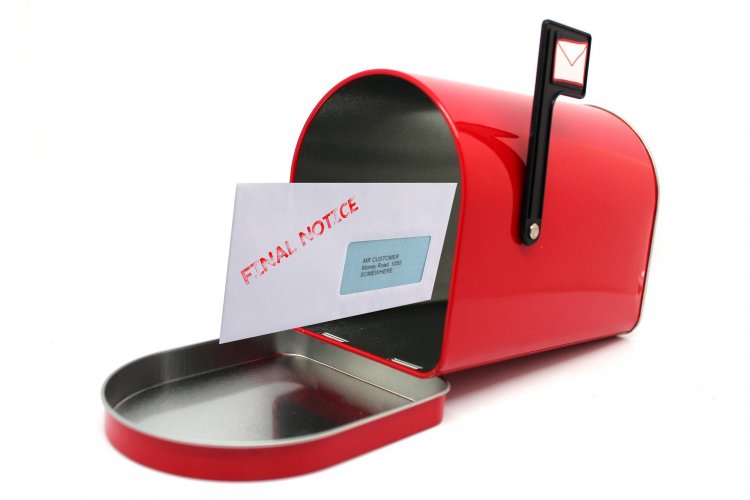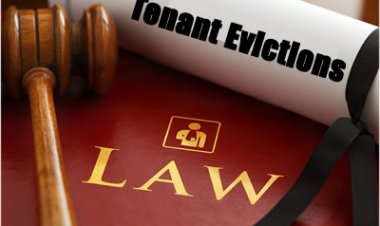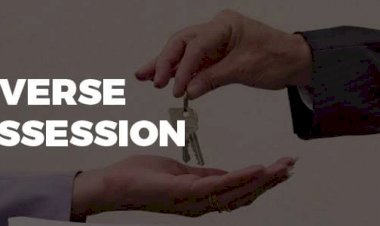How and When to Evict Tenants
Property owners go through great hardships when sourcing for the occupancy of their property/ properties. When they find tenants, they sign a lease agreement, that ought to be adhered to. Their breach also calls for eviction. A property owner may reach a decision of evicting a tenant despite the fear of long vacancy periods.

There are some reasons why a landlord may decide to evict the tenant. Some of the reasons include;
Late payment of rent
When a tenant fails to honour the set deadline for the payment of the rent, the property owner is left with no option but to evict the tenant if the reason offered is not satisfying to them. It is, therefore, necessary to state the deadline for rent payment in the lease agreement.
However, if a tenant has been paying the rent, the property owner should serve an eviction notice earlier to give the tenant time to raise the rent or move out of the premises.
Property destruction
When a tenant mismanages the property, the property owner charges them and ultimately evicts them from the property’s occupation. The damage goes further than just wear and tear of the property like paint peelings off, to the extent of breakages. This may lead to the failure of the deposit refund when moving out. Failure of the property owner to take any action against such tenants may see further damages that may be very expensive to renovate. This calls for vigilance by the property owner.
Disturbance to neighbors
When a tenant does not give peace to those around the property, the owner can evict them. The tenant can cause disturbance to the neighbours in ways such as misuse of the waste disposal methods, noise pollution, arrogance among others. For the sake of the neighbours the property owner has a social responsibility of ensuring and enhancing good relations between the tenants and the neighbors.
The property owner serves a warning notice to the tenant, urging for a change in behavior or eviction. If the tenant does not rectify the landlord goes ahead to evict the tenant.
Failure to Vacate a property after the end of the lease period
A lease agreement specifies the period of tenancy on the property. When the period lapses, the tenant should vacate at will. Where the tenant fails to vacate, the property owner goes ahead to evict the tenant.
However, in any circumstance, the property owner should understand the various types of evictions notices that can be used against their tenants;
- Eviction notices with cause
- Eviction notices without cause
1. Eviction notice with cause
They are the eviction notices that arise when the tenants violate the conditions in the lease agreement. There are several types of eviction notices with a cause are;
Pay rent or go notices
These are the notices issued by the property owner to the tenant who always delay paying their rent on time. The notice offers a period of time for the tenant to pay the rent or face eviction. If the tenant meets the set date and pays the rent, the property owner may cancel the notice.
Cure or stop notices
These are the notices issued by the property owner to the tenant when the tenants violate tenancy conditions. For example, if a tenant is disturbing the neighborhood by playing loud music, the property owner may issue a cure or stop notice to quit the behavior. Failure to honor this notice may see the eviction of the tenant.
Unconditional quit notice
These are the notices issued by the property owner only when the tenants fail to pay rent on time, pay the rent while late, engages in illegal or dangerous activities to the property or damages the rental property.
2. Eviction notices without cause
These are evictions that have no reason for their happening. In such circumstances, the property owner gives a notice of 30 days for residential property and 60 days for a commercial property. This period allows the tenant some time to organize and vacate the property failure to which eviction by the property owner is inevitable.

































